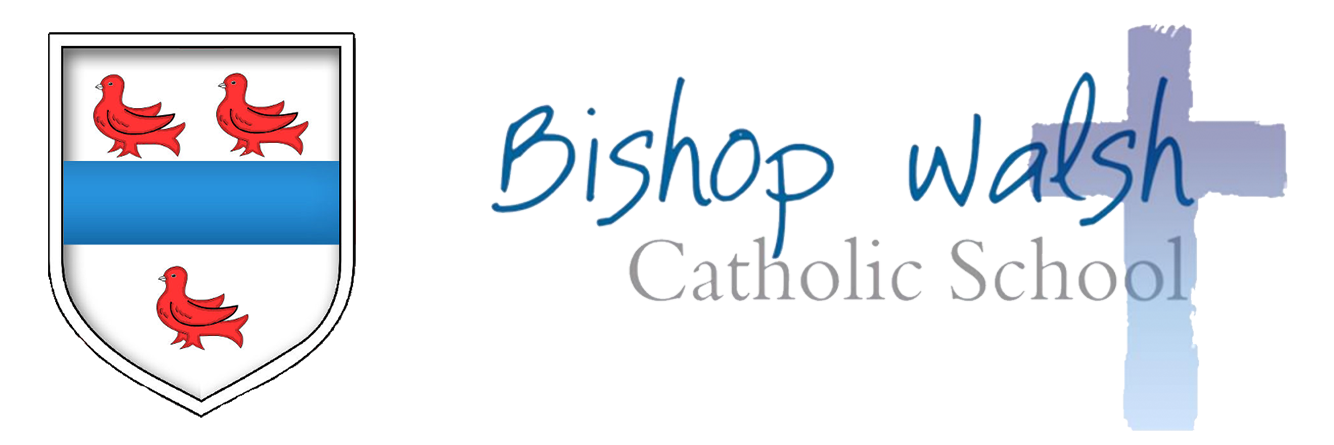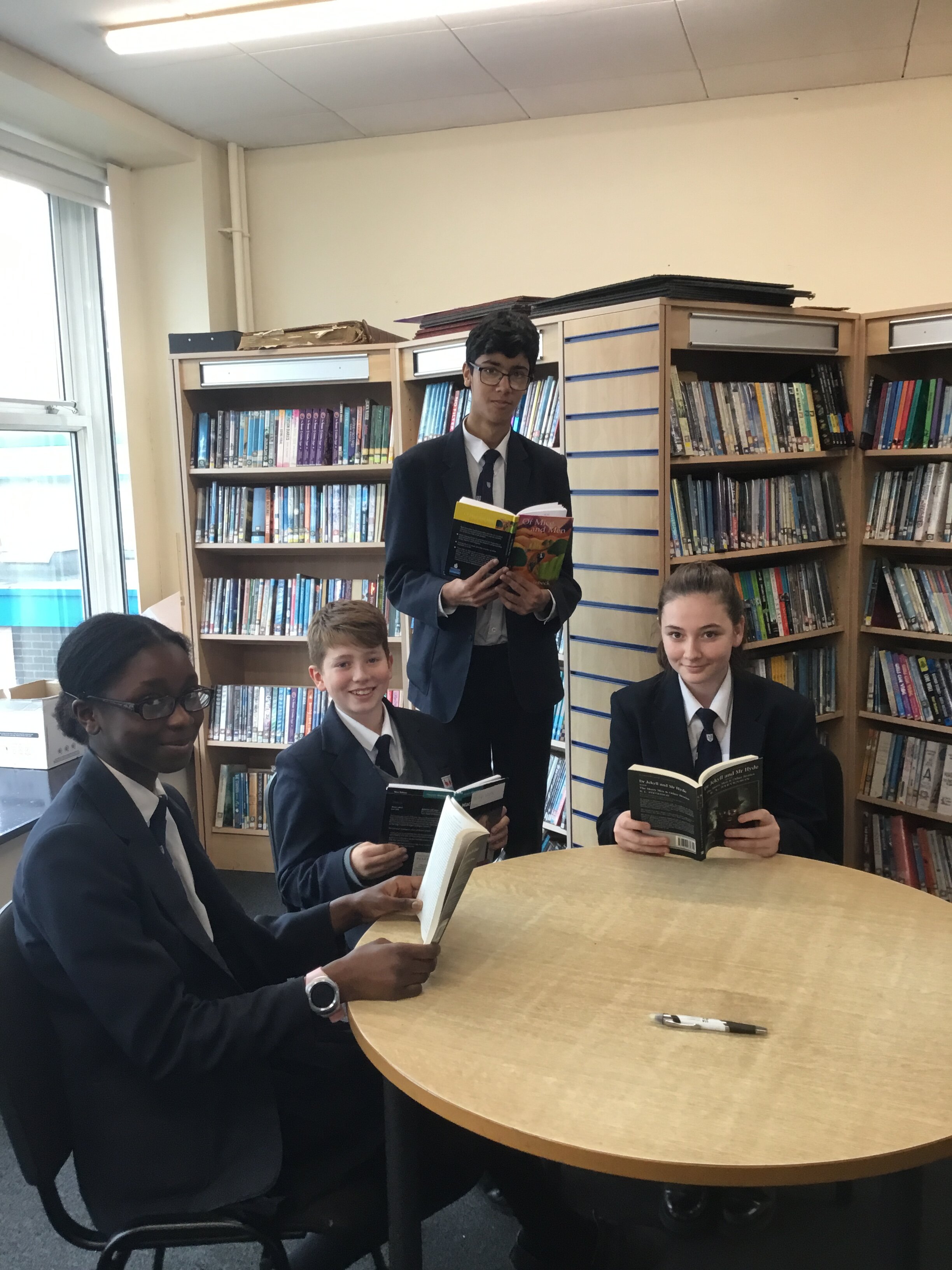Teaching & Learning
English
Reading List:
KS3
Animal Farm, George Orwell
A Christmas Carol, Charles Dickens
Much Ado About Nothing or A Midsummer’s Night’s Dream, William Shakespeare
Non-fiction articles/ opinion pieces from broadsheet newspapers
Useful Websites
BBC Bitesize English pages https://www.bbc.co.uk/bitesize/subjects/z3kw2hv
Seneca Learning senecalearning.com (Access the KS3 English pages for skills quizzes)
Litcharts.com Access revision pages about texts studied at KS3, KS4 and KS5
KS4
AQA Power and Conflict poetry collection
Unseen poetry
The Strange Case of Dr Jekyll and Mr Hyde (RL Stevenson)
Macbeth (Shakespeare)
Intent and Knowledge Entitlement:
At KS3 pupils will get a flavour of literature through the ages as they begin reading challenging texts spanning the history of literature. We begin with a study of Greek mythology, instilling students with understanding of the classics that have inspired writers throughout history. Pupils are then taken on a journey of literature through the ages, with particular focus on 19th and 20th Century literature. Pupils also explore a variety of different forms of literature (poetry, prose and plays, including the study of a Shakespeare play) and literary non-fiction (diaries, journalism, autobiographies etc).
Pupils begin to develop their English Language skills, including knowledge of the techniques writers use to convey meaning. Focus is instilling a love of reading and exploring the world we live in through literature. We hope to inspire them to be creative and inquisitive linguists and use the texts that they have studied to develop their own perspectives, imagination and vocabulary, enabling them to be fully prepared with the skills for GCSE.
Skills Entitlement:
Language:
Read independently, and with good understanding, a wide range of texts from the 19th, 20th and 21st centuries, including literature and literary non-fiction as well as other writing such as reviews and journalism
Form their own judgements and interpretations
Draw comparisons between texts
Use knowledge gained from wide reading to inform and improve their own writing
Write effectively using Standard English appropriately
Use grammar correctly and punctuate and spell most words accurately
Acquire and apply a wide vocabulary for reading, writing and spoken language
Listen to and understand spoken language and use spoken Standard English effectively.
Respond to questioning with developed answers
Literature:
Exploring character, themes and setting: Understanding how an author has presented the world the characters inhabit; using terminology to explain how this has been done
Critical reading: supporting a point of view by referring to evidence in the text; understanding that the time period writers lived in has an impact on their writing.
Identification of a writer’s choice of vocabulary, grammatical and structural features: analysing and evaluating how language, structure, form and presentation contribute to quality and impact.
Comparing texts: forming judgments based on writers’ methods, characterisation and plot; comparing and contrasting texts studied, based on these ideas.
KS4
Intent and Knowledge Entitlement:
At KS4 pupils will get a flavour of literature through the ages as they begin their GCSE Literature Course and become emerged into complex literary themes such as discrimination, racism, duality, Darwinism, jealousy and revenge. We cover the texts: All Quiet on the Western Front, The Strange Case of Doctor Jekyll and Mr Hyde, Macbeth and An Inspector Calls. In addition to this, pupils will study fifteen poems in a collection called ‘Power and Conflict’ written from the Seventeenth Century up until more recent day.
Pupils will continue to work on English Language skills including language and structural analysis and understanding viewpoints and perspectives of authors. Focus is on improving analysis and evaluation skills to prepare pupils for the demands of the reading section of the English Language papers. Pupils also complete weekly writing challenges to equip them with confident skills to write clearly and coherently for audience and purpose.
Skills Entitlement:
Language:
Read fluently, and with good understanding, a wide range of texts from the 19th, 20th and 21st centuries, including literature and literary non-fiction as well as other writing such as reviews and journalism
Read and evaluate texts critically and make comparisons between texts
Summarise and synthesise information or ideas from texts
Use knowledge gained from wide reading to inform and improve their own writing
Write effectively and coherently using Standard English appropriately
Use grammar correctly and punctuate and spell accurately
Acquire and apply a wide vocabulary, alongside a knowledge and understanding of grammatical terminology, and linguistic conventions for reading, writing and spoken language
Listen to and understand spoken language and use spoken Standard English effectively.
Literature:
Literal and inferential comprehension: understanding a word, phrase or sentence in context; exploring aspects of plot, characterisation, events and settings.
Critical reading: identifying the theme and distinguishing between themes; supporting a point of view by referring to evidence in the text; understanding of writers’ social, historical and cultural contexts to inform evaluation; making an informed personal response that derives from analysis and evaluation of the text
Evaluation of a writer’s choice of vocabulary, grammatical and structural features: analysing and evaluating how language, structure, form and presentation contribute to quality and impact.
Comparing texts: comparing and contrasting texts studied, referring where relevant to theme, characterisation, context (where known), style and literary quality; comparing two texts critically with respect to the above.

